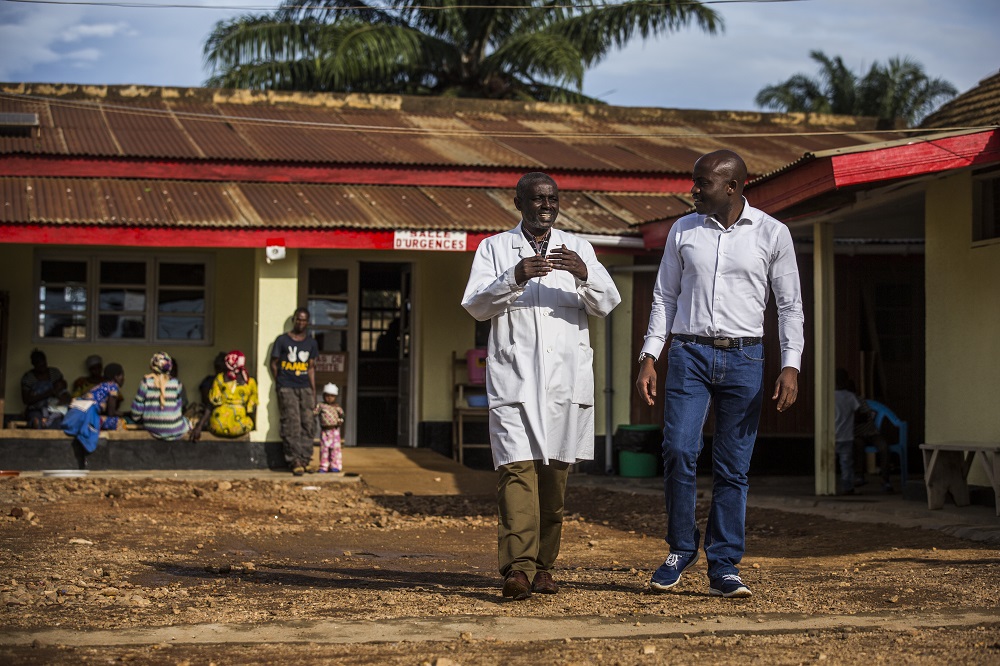Shaping Future Peacebuilding
Entitled “Shaping Future Peacebuilding”, the annual report illustrates how the obstacles and challenges we faced in 2020, especially the multidimensional COVID-19 crisis, did not hinder our work worldwide, but instead strengthened our adaptability and resilience. It also strengthened our determination to learn and to build stronger and more effective peace solutions in the years ahead with the communities that we serve.
The report highlights some remarkable impacts both on the ground and at the policy level. From enhancing safety and security in Libya to fostering individual and community healing and social cohesion in Rwanda, we are very pleased with these achievements that have planted the seeds of sustainable peace and development, and that are made possible by the tireless efforts of our own teams and partners. Globally, we have continued creating incentives and shaping policies for peace processes to be more fit for purpose. We are particularly delighted to have launched the Principles for Peace as an innovative, collective and global effort to create norms and principles to guide future peace efforts.
The global pandemic highlighted, more than ever before, the link between health and peace. Yet, we have observed that the link has not been explored to its full operational and policy potentials. In 2020, we invested in a better understanding of the concept of Peace & Health and its implications, building on our institutional partnership with the World Health Organisation and the added value of our ‘peace responsiveness’ approach through which we are creating better quality peace-oriented policies and practices of the international system.


